Go back
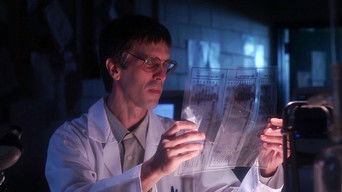
DNA Profiling
Episode number: 1
Overview: Used to nab a serial rapist terrorizing a small English town and to identify one of America's most notorious murderers (the ruthless BTK Killer), DNA profiling has redefined forensic investigation. As science evolves, the ability of genetic profiling to help solve homicides continues to grow. Witness two landmark cases in the history of genetic profiling as scientists and detectives involved in ground breaking cases usher in a new age of forensic science.
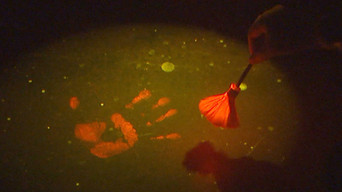
Fingerprints
Episode number: 2
Overview: One crime baffled a small Argentina town; the other held the entire state of California hostage. The thread that links these two cases occurring 100 years apart: both murderers were done in by their own hand. Specifically, by their fingerprints. Witness the breakthrough moment in 1892 when fingerprinting was first used to track down a child killer and see how the evolving science helped thwart a coldblooded serial killer a century later. Then follow the bloody trail of a serial killer dubbed the Night Stalker and discover how detectives nabbed him with powders, hand-held lasers, and a stroke of luck.
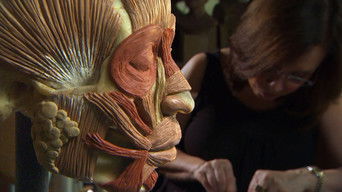
Skeletal Secrets
Episode number: 3
Overview: Illinois has played host to two of the most grisly murder cases of the last century. One involving the Sausage King of Chicago and the other the Killer Clown. Both cases were solved thanks to the victims' bones. Forensic anthropologists can now analyze skeletal remains to determine a person's age, sex, ancestry, stature, unique features and more importantly: cause of death. Revisit history's most shocking homicide cases cases as this forensic tool is put to the test, delivering powerful and undeniable evidence that brings countless killers to justice.
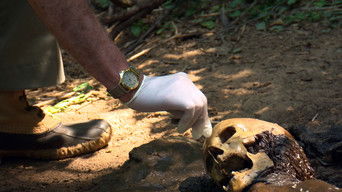
Insect Evidence
Episode number: 4
Overview: Two grisly murder cases, years apart, appear to have little in common at first glance. A California family found brutally murdered in 2003 and two dismembered bodies discovered in Scotland in 1935. Upon closer investigation, they share the same silent witness: insects. Examine these two landmark cases where forensic entomology helped convict a killer. Detectives in Edinburgh utilize maggots to determine time of death of the victim, and the Bakersfield case hinges on the discovery of red-shanked grasshoppers caught in a suspect's car radiator grill.

Proving Poison
Episode number: 5
Overview: A rash of unexplained deaths at a Northport, New York hospital in the 1990s and the suspicious death of a wealthy businessman in the 1840s have one thing in common: poison. These sensational cases, 150 years apart, are landmark moments in the history of forensic toxicology. Revolutionizing crime fighting, then and now, toxicology may one day be ahead of the crime. Join our investigation as scientists, detectives and criminal historians trace the poisonous compounds and indispensable tools of crime fighting.
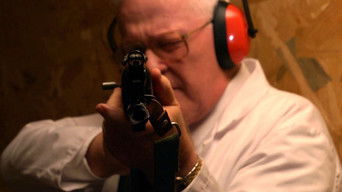
Smoking Guns
Episode number: 6
Overview: One case saved a man from the electric chair and another put an end to a sniper's murderous rampage. Revisit two criminal cases where ballistic evidence played a key role in determining the fate of its suspects. First, Charles Stielow, a man sentenced to death for a 1915 murder, is absolved thanks to a pioneering investigation. Then, after a harrowing 22-day span in 2002, detectives in Washington D.C. finally crack the case of a sniper, relying on bullets taken from the victims' bodies.